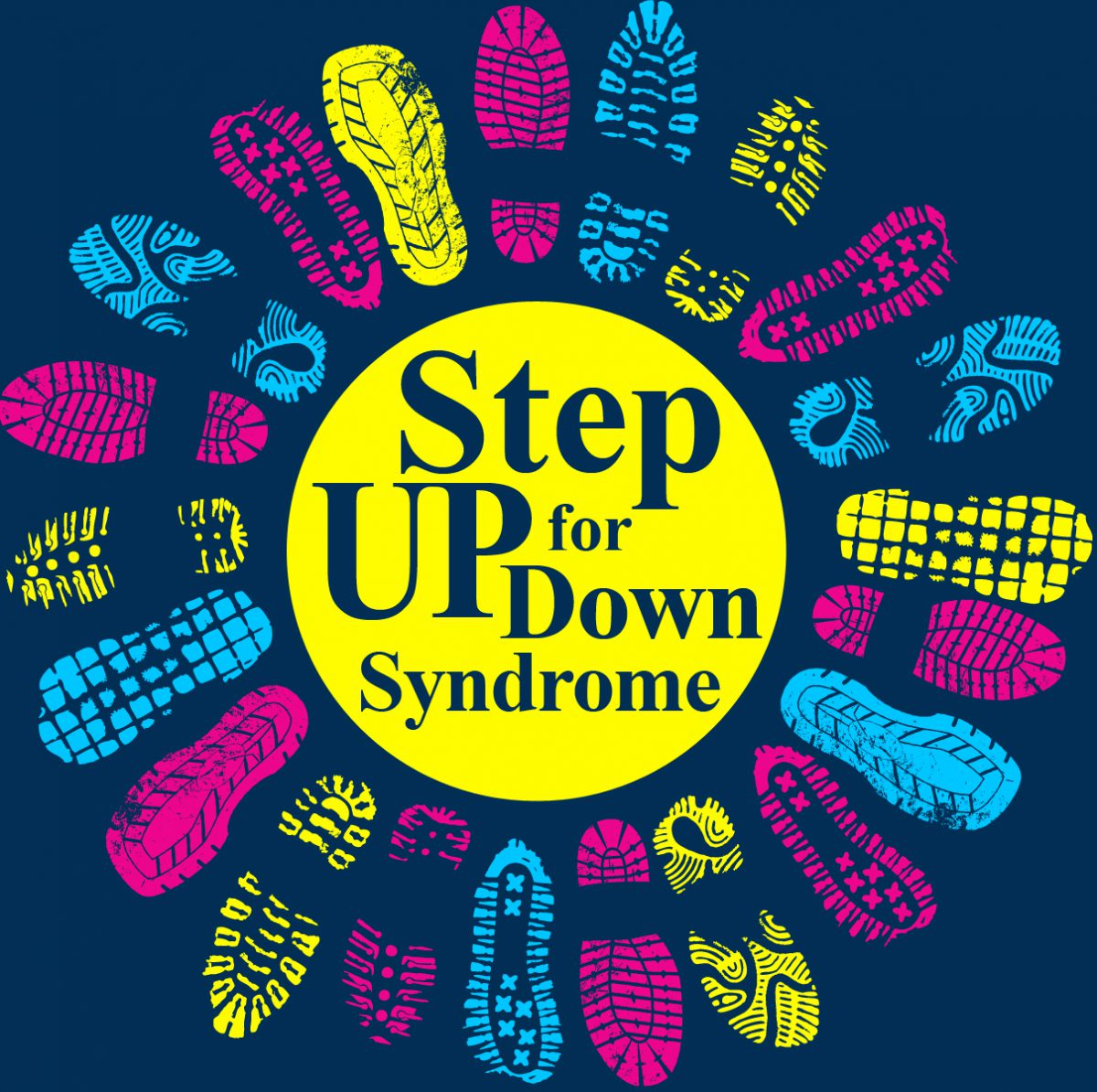How is the condition diagnosed and what are care professionals are involved
Down syndrome can be diagnosed in many ways, you can use an ultra sound to get a picture of the development of the foetus, this may show you if the foetus has any abnormalities in growth and development within the womb. Also blood testing during the first and second trimester can give an indication to whether the foetus has developed down syndrome during growth. But these tests can both give false-positive and false-negative, so these tests and scans are not 100% accurate, the most accurate form of diagnosing a child with down syndrome is when they are born and are going through the developmental stages of life, as you will be able to see physical signs of the condition.

Test such as chronic villus and amniocentesis can also be carried out to see whether or not the baby may have down syndrome or not, these test are normally carried out when a screen test has shown any kind of abnormality. These test are also carried out if you are at higher risk of having a down syndrome child due to genetic, therefore this test is offered for this.
Many children aren’t normally diagnosed with down syndrome until birth, as doctors have a more accurate sign that they have the conditions due to the looks and the results of the physical test that is carried out on children when they are born. If a child is suspected of having the condition at birth due to the specific feature on the child showing a blood test will be carried out to confirm the diagnoses. When a child or foetus is being diagnosed with down syndrome there will be many professionals surrounding the case.
This is to ensure that each diagnose is correct. Each diagnoses will involve specialised doctors within the area, nurses and midwives. These professionals are all trained in the area of their profession but will all be specifically trained in dealing with children with down syndrome. This is so that each professional involved with the case knows how to deal with the needs of the child but also know how to support the family in the time of diagnose and after the diagnoses.
In every setting there will be different guidelines for professionals and children to follow in relation to down syndrome. When a child is in a setting their needs to be someone or a first aider who is trained within the conditions and has skills and are confident with the confident to carry out any first aid or administrate medication if needed. Guidelines are set so that staff know the needs of each child, the care plan for each child and how the child best reacts to everyday life, therefore the guidelines are set for staff to be safe and for the children to be save within the environment.
http://www.webmd.com/children/tc/down-syndrome-topic-overview#2
Discuss the process of referral of your medical condition
The referral process is the process where in which you will visits and meet with many professionals that will help you gain the tests and result’s that are needed to diagnose your child with the condition or to help you learn and gather information on how to care for a child who has down syndrome. The referral process will have the parents and child seeing many different faces, each of these faces will be a professional playing an important part in gathering and giving you information on the specific condition.
During the process you will meet with your health visitor, your local GP, consular to ensure that you are confident and able to take about the process at hand, children’s doctors and nurses who will work with the child when it is born but also specialised doctors and nurses who have specialised in down syndrome. These professionals will help you through each step of the process to ensure that both parents and child are getting the best possible care and information for learning how to live and deal with the condition. When in doubt. If you have any concerns for your child or your foetus you should see your local GP or book an appointment at the hospital for an ultrasound or screening. This will help you and your child in the process of dealing with the condition. The GP will organise and help you gather the correct information and help refer you to the correct specialist that are needed to assess and test the ability to see how bad the condition may be. There are many times in which parents should be referred during the process of having their child diagnosed with down syndrome. When there is a high risk of OB this is when the mother should be referred to the abnormal prenatal screening, this will allow for more test to be carried out on the child or foetus to gather more information so that all tests can be sent of testing.
When a mother has been told that their child is at high risk or features show that the foetus has down syndrome they will be referred to the down syndrome speciality clinic, they will also be referred to this clinic when the child has been physically tested and all blood test result’s that down syndrome is present within the child. This clinic will also give the parents of the child support preparing for the birth of a child with down syndrome but they will also give support for parents and children after birth to ensure that everyone is comfortable and to ensure that the child is receiving the best care to ensure they live the best possible life while receiving treatment and support.

One thought on “2.1 Process of referral”